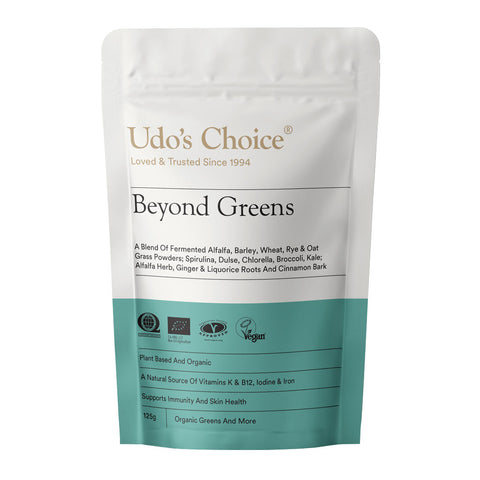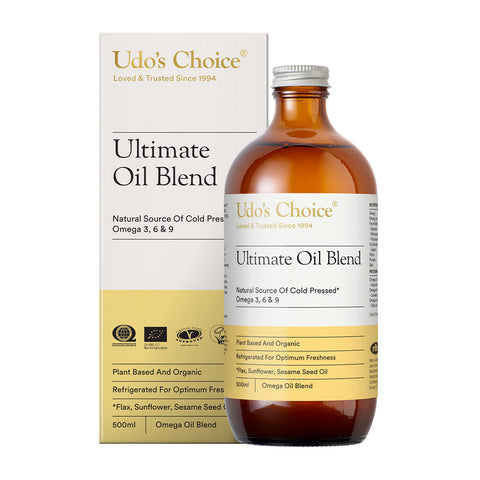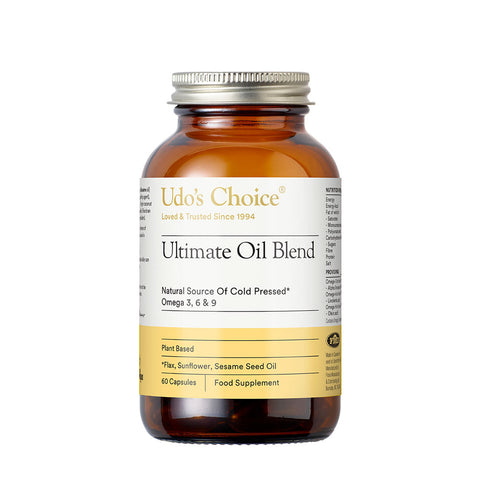Whether you went vegan for ethical reasons, your health, or maybe even the environment, you may be wondering how does veganism fit into the family household. Is a vegan family even possible? Yes, and here's how...
Under 5s
Whether you think breast is best, or that formula is the way forward, there are vegan solutions to both. The Vegan Society recommends breastfed babies to also be given vitamin D drops from birth.
When your child starts eating food, let them have fun and explore. Avocados, mashed potatoes etc are all great foods to get your child weaned on to solid food. Vitamin A, C, and D supplements are recommended for children under 5. If you're wanting to raise your child vegan, always see a health professional first.
Kids
Gone are the days where veganism meant living off just fruit and veg. Vegan children have junk food options such as Oreos to Chilli Heatwave Doritos, and whilst these aren't the healthiest options - they're perfect for special celebrations.
Make sure they're eating plenty of fruits and vegetables, protein, fibre, omega-3 fats, and calcium. As usual, supplement B12 and vitamin D. It's possible to get these nutrients into a school lunchbox without boring your child - get creative!
"Why not suggest some documentaries, such as Earthlings and Cowspiracy, and let them decide themselves whether they want to stick with veganism?"
Teens
Teens are growing, they need to meet their calcium and vitamin D needs, they should take a B12 vitamin as well.
Restricted teens rebel. Every parent dreads the teenage stage and the fear that your adolescent may binge out on meat and dairy products is a genuine concern. However, it doesn't have to be that way.
Veganism isn't restrictive, there is an abundance of faux meat and dairy products that taste amazing, from seitan sausages to Ben & Jerry's peanut butter and cookie ice cream. Why not suggest some documentaries, such as Earthlings and Cowspiracy, and let them decide themselves whether they want to stick with veganism?"
It's also important that your children understand why you follow a vegan diet, or why they have grown up vegan. Teenagers are old enough to learn about the conditions of factory farms and slaughterhouses, they're mature enough to comprehend the environmental damage animal agriculture has on this planet. Why not suggest some documentaries, such as Earthlings and Cowspiracy, and let them decide themselves whether they want to stick with veganism?.
Adults
If you're a parent, your own health might be the last thing you care about. You're probably so concerned that everybody in the house is eating right, you end up eating a crisp sandwich for dinner.
Depending on your work, activity levels, and how social you are, meal planning might be an effective way to track your nutrients. Sites like Chronometer let you type in your daily food intake, and it shows you if there's anything you might be lacking (or even getting too much of.)
And remember - supplement B12 and vitamin D.
Older adults
There are certain things we can't avoid: ageing being one of them. But that doesn't mean you can't thrive on a vegan diet. If you're aged 65, you should aim for a third, or two thirds, more protein than the recommended. Try and stay active, thirty minutes of exercise a day will benefit you both physically and mentally. And if you need to gain weight, go for calorically dense foods such as nuts, seeds, white pasta, bread, oil etc.
Pregnancy & breastfeeding
During pregnancy, you'll need to eat plenty of food rich in iron and calcium. It's also recommended to take a B12 supplement (which you should be doing anyway) and a daily vitamin D supplement.
Despite how much you might think you need, you'll need to reduce your caffeine to around 200 milligrams a day. If you're a fan of Starbucks, you might have to order decaf.
If you decide to breastfeed your child, it's important to stay hydrated. You'll also need to meet the normal calcium requirements, then nearly double them, so make sure you're stocked up on fortified soy milk and calcium-set tofu.
Keep taking your B12 and vitamin D supplement, and make sure you're getting more protein and zinc than usual.






